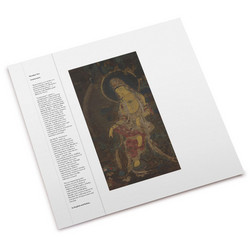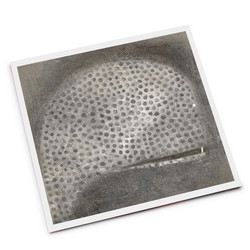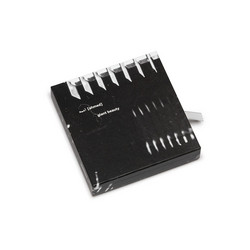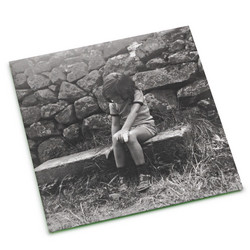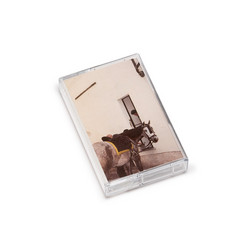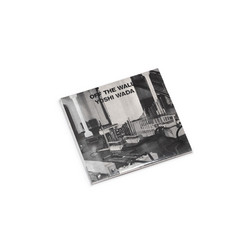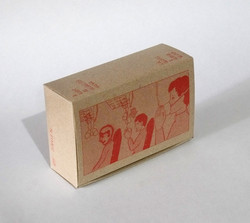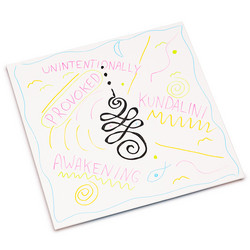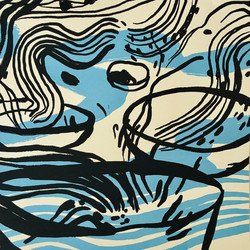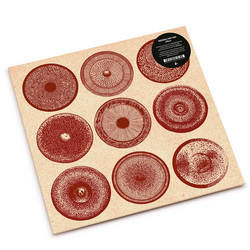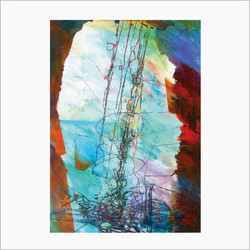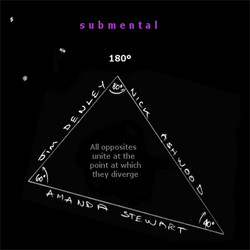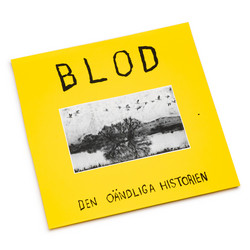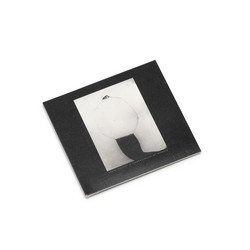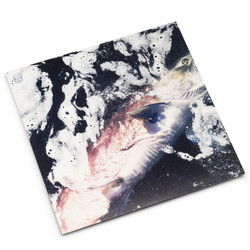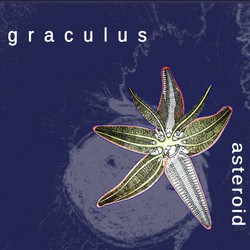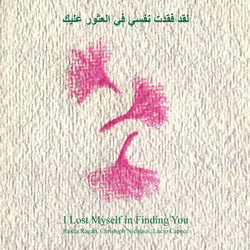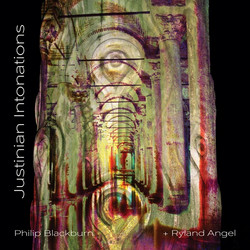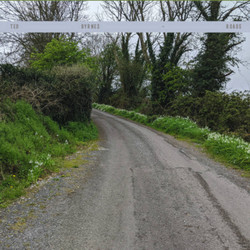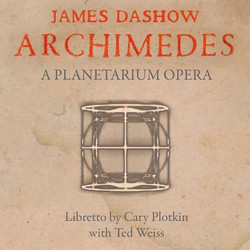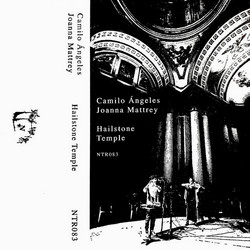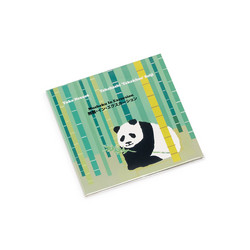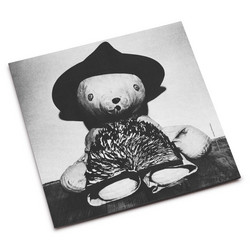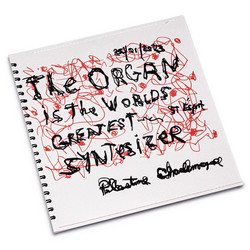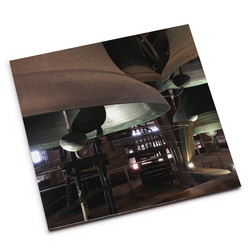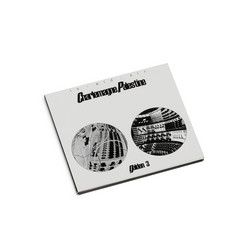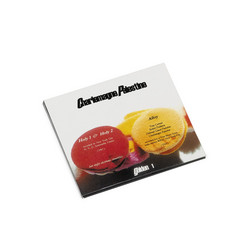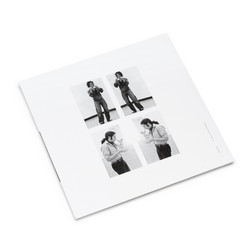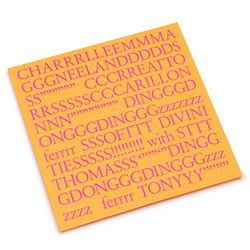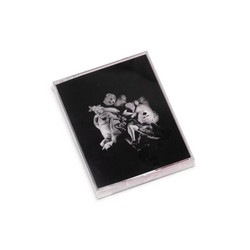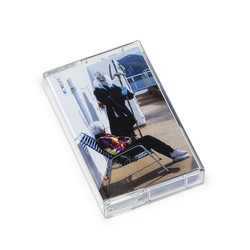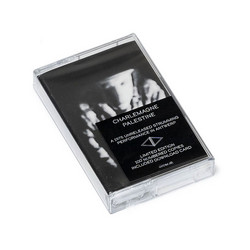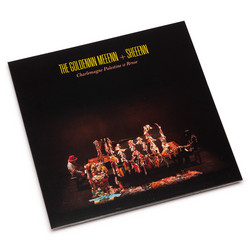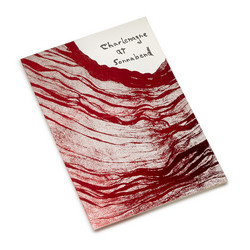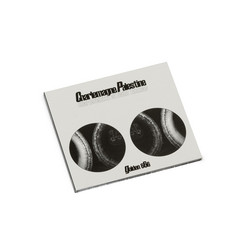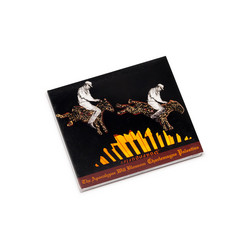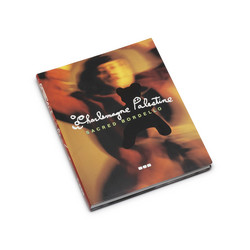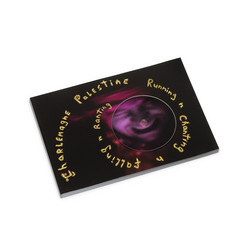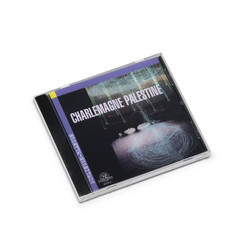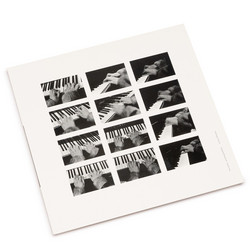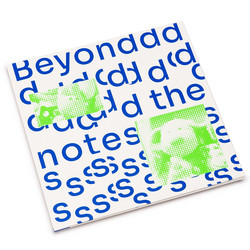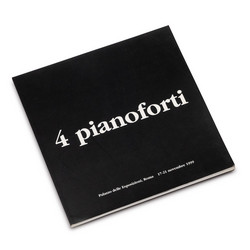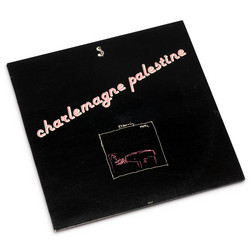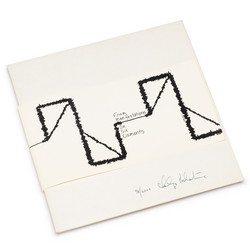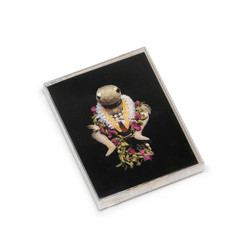Huuuuge Tip! CD Edition. Where the bells begin, everything else follows. Long before Charlemagne Palestine discovered the thick molasses sonority of the Bösendorfer piano, before the strumming technique that would define his maximalist-minimalist vision, there were bells. Colossal carillon bells in the tower of St. Thomas Church on Fifth Avenue in New York, where a teenage Palestine hammered hymns into the Manhattan sky before spending hours lost in spectral improvisations that drew Moondog, Tony Conrad, and members of the Velvet Underground to witness sonic ritual becoming physical architecture.
415 Steppsss to DingggDonggg Paradise documents Palestine's October 2017 return to the source – a live carillon performance on the bells of St. Rumbold's Cathedral in Mechelen, Belgium, recorded during the Dodonaeus Festival. Here is Palestine applying decades of strumming practice to the instrument that started it all, transforming the cathedral's carillon into a slowly unfolding organism of layered resonances, ringing overtones, and meditative intensity that floods the medieval city centre of Mechelen with sound.
This is not music of precision or restraint. This is Charlemagne bringing the sensibility of a body artist to bronze and iron, staging a vigorously muscular, physically demanding performance where the line between player and instrument dissolves into pure sonic immersion. Each strike creates cascading harmonics that cling and shimmer in the air – a perpetual rise in a continuum of sound, as maximalist composer Ingram Marshall once described Palestine's technique. The carillon becomes sculptural, the bells breathing with the same life Palestine coaxed from pianos, organs, and synthesizers across five decades of uncompromising work.
Where minimalists sought mathematical elegance, Palestine pursued something more primal: the intensity of listening, the physical relationship between body and instrument, the ritual transformation of space through sustained sonic assault. 415 Steppsss to DingggDonggg Paradise captures that original vision in its purest form – bells ringing across centuries-old stone, harmonics multiplying into hallucinatory density, the ancient technology of the carillon reimagined as avant-garde immersion.
Mastering and lacquer cutting by Frédéric Alstadt
